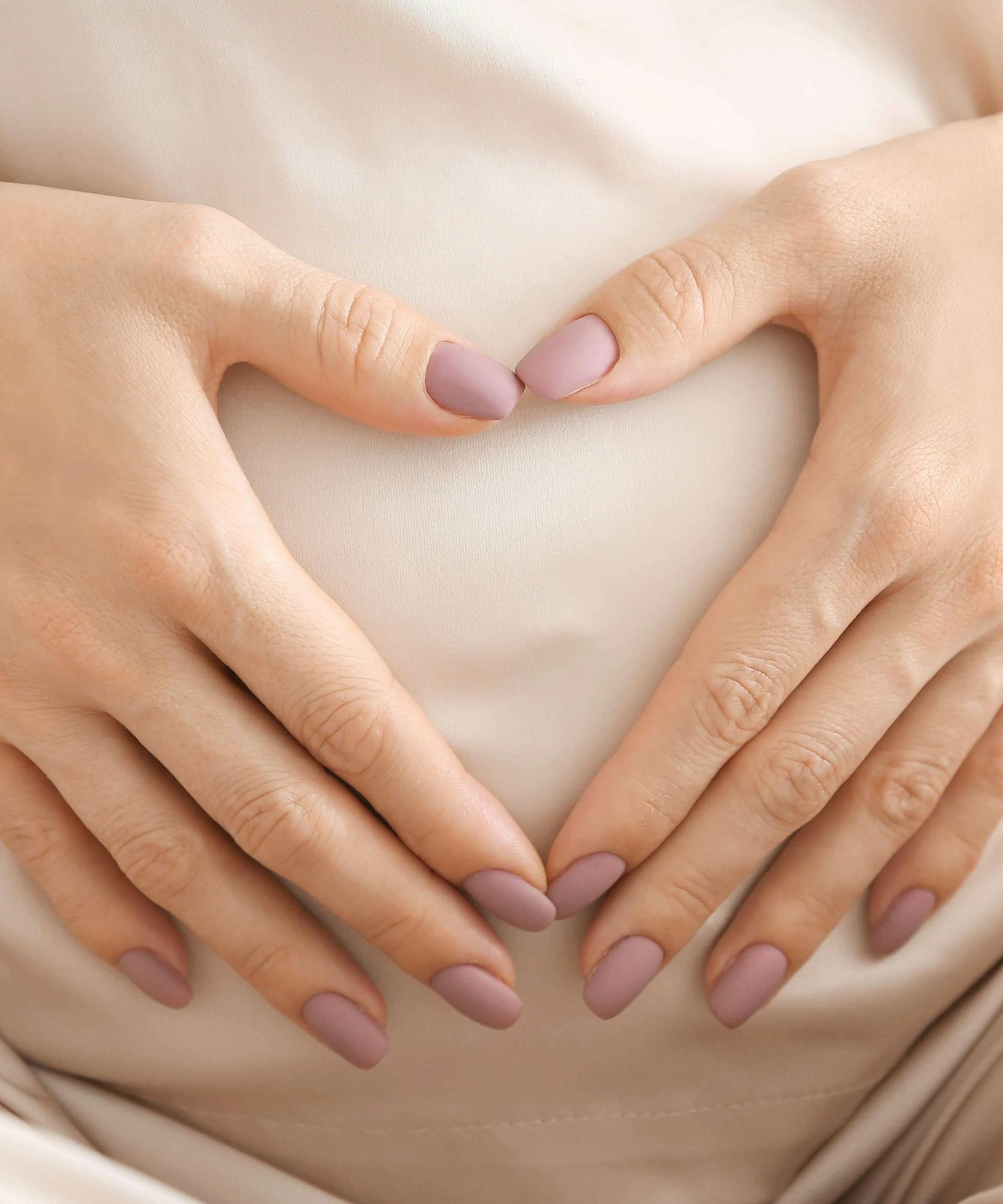Why You Shouldn’t Wait Until You’re Trying To Get Pregnant To Prepare Your Body
As women, our cycle is a major determinant of our overall health – but too often, we don’t pay much attention to it until we’re trying to conceive, and by then we may be encountering a whole host of unaddressed problems.

Seeking care for our fertility health should come long before trying to get pregnant (that’s why some doctors are pushing for it to be considered a woman’s fifth “vital sign”), and there are practical reasons and ways to begin.
Ob/Gyns Don’t Often Provide Any Preconception Care or Testing
While ob/gyns do wonderful work, oftentimes, they’re not willing to offer much preconception care. The focus of their practice is often on current pregnancies, births, and gynecological issues, but addressing fertility issues by natural means is typically lower on the list (this isn’t always the case, there are many practices out there that seek a balance of both!).
NaPro Technology is one prominent, trustworthy way to address fertility and boost fertility health from a natural standpoint. NaPro technicians or doctors have adopted a methodology that participates with a woman’s cycle, and seeks to diagnose and treat with the woman’s overall health in mind. They can provide a variety of hormone testing, methods, and treatments for fertility issues that range from mild to extreme. I had a great experience with a NaPro doctor early on when I was engaged, and was able to test for a hormone imbalance and detect where I might need to supplement or make a lifestyle change in order to prioritize my reproductive health.
If you’re looking for holistic care that can provide answers, it might be worth looking into finding a NaPro doctor near you (I had to drive two hours to see mine, but it was well worth it!). Another option would be a functional medicine doctor with a focus on female health or fertility.
What Do I Need To Find Out about My Fertility Before Trying To Conceive?
It can be hard to know what to look for when addressing fertility health, but some of the most common things that could cause difficulties in conceiving are able to be fixed. Hormonal imbalances (often hallmarked by extreme PMS symptoms or irregular cycles) usually require changes in lifestyle and diet, and even medication in some cases, whereas a deficiency in a certain hormone (like progesterone or estrogen or thyroid) is usually able to be fixed by supplementing. Looking for these imbalances and deficiencies can address issues that can make or break the conception process later.
Hormonal imbalances usually require changes in lifestyle and diet, or even medication.
More serious conditions, like PCOS or endometriosis, typically take a lot more time and care to address, but you still deserve that time and care, without the pressure of trying to conceive behind it. If you’re suffering from the symptoms of PCOS or endometriosis, or have already been diagnosed, it’s important to seek out the best options for your health for its own sake.
Seeking Preconception Care Can Save You Pressure and Heartache
The process of trying to conceive can be stressful for many couples, especially women. Being aware of what might affect the process for you saves you both some stress or confusion during the process, as well as saves you heartache if the process isn’t going as planned. If you know what obstacles you might face going into the process and whether or not they can be fixed, you’ll feel more prepared to respond to any setbacks. While stress and sadness in a sometimes difficult process is not completely avoidable, eliminating being caught completely off guard can at least increase balance as you process.
How Can I Practice Preconception Care for Myself?
Some of the most important work you can do to care for your fertility is done by yourself. Before entering a season of trying to get pregnant, prioritizing your health can be one of the best things you can possibly do for the process.
Making sure you exercise and stay active helps your cycle and hormones regulate, as well as building strength that will serve you well during pregnancy and labor. Each body is different, so finding forms of exercise that focus on that strength will look unique for everyone! Exercising will also help improve your sleep (win-win).
Making sure you exercise and stay active helps your cycle and hormones regulate.
In addition, finding a balanced, nutritious diet and eating well (and enough) are crucial. Especially if you haven’t been prone to practicing fertility-friendly nutrition before, it’s important to cleanse from different toxins and endocrine disruptors, and even to abstain from alcohol (which can be a conception suppressant!).
It’s important to note that it can take three months to see the results of your changes – not just in your cycle but also for your eggs. You can start supporting your egg health, ovarian health, and mitochondria now with targeted supplementation, like DHEA, NAC, vitamins E and C, and curcumin.
The choices you make for your body should be best for you, and don’t be afraid to consult a doctor on what might be the optimal path – the sacrifice is worth it!
Closing Thoughts
Preconception care, both with professional medical help and by prioritizing your own health at home, is important not just for the sake of getting pregnant, but for your own sake. Our fertility health matters, and that’s very tangible when trying to conceive – but starting beforehand can create not just a healthier pregnancy and baby, but a healthier you in the long run.
Love Evie? Let us know what you love and what else you want to see from us in the official Evie reader survey.